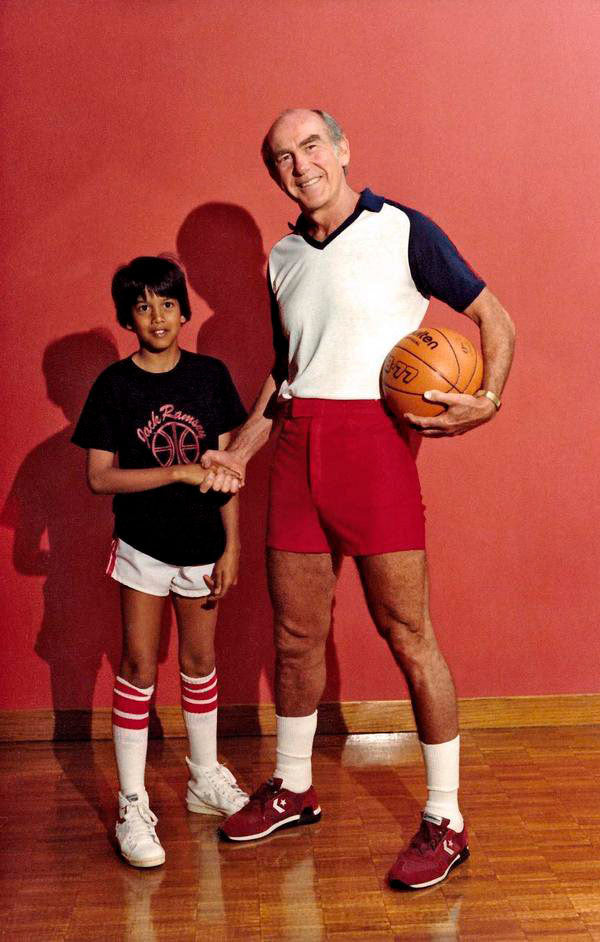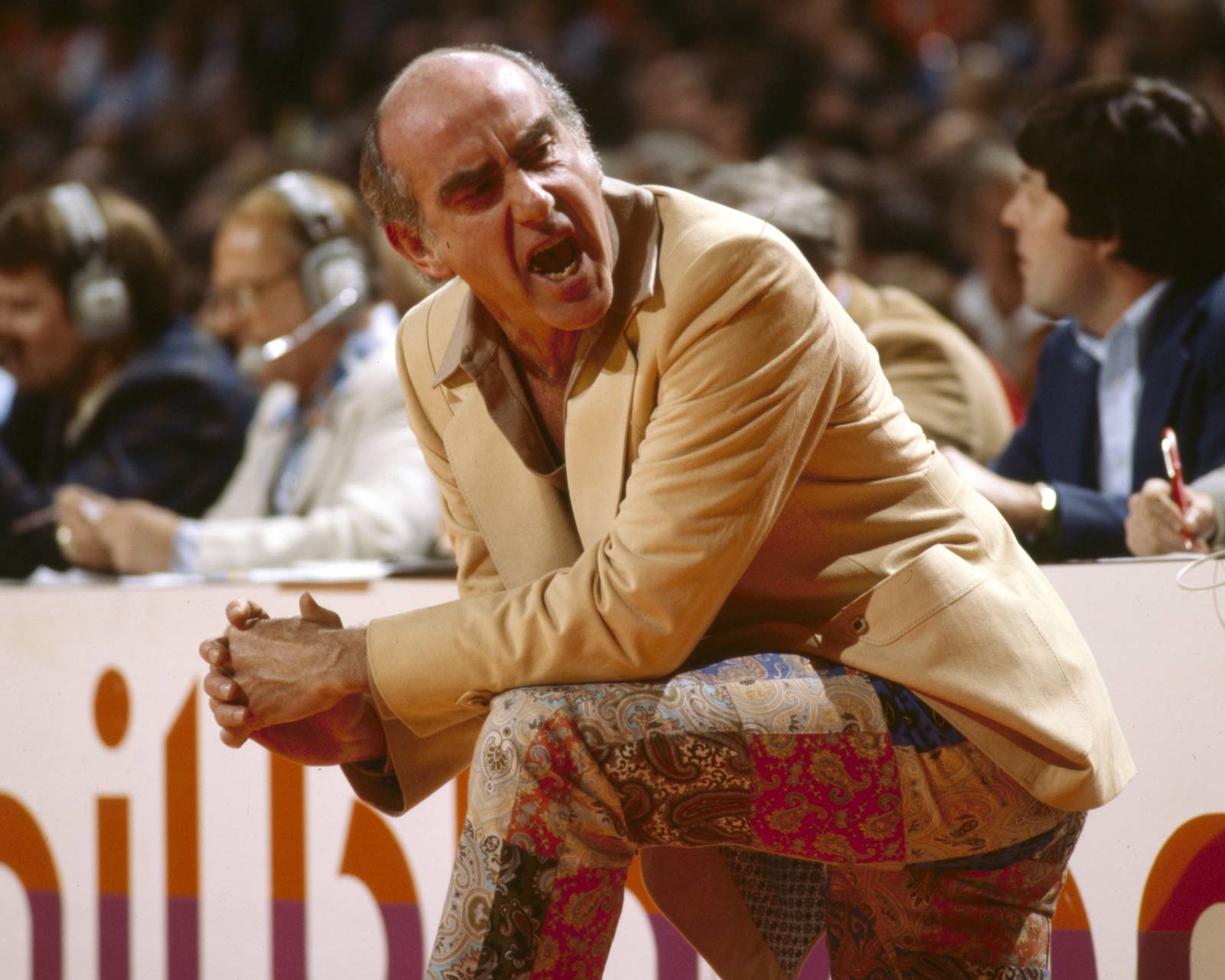When the Portland Trail Blazers clinched the 1977 NBA Championship after six games against Dr. J’s loaded Philadephia 76ers squad, the city turned into a scene that looked something like if the Woodstock Music Festival had just won World War II. After the final buzzer sounded, securing the Blazers first and only NBA title, fans at Portland’s Memorial Coliseum streamed onto the court, some climbing atop the rim and backboard as others carried superstar center Bill Walton off of the court. At the championship parade soon after, the population of the entire city seemed packed into a few city blocks.

In one of the most iconic photographs from the parade, not an inch of pavement or sidewalk is visible, as fans stand atop parked cars and pour into the street. In the center of the frame, Walton –– wearing a shirt repping Wallace Park in Northwest Portland, where he often played pickup games –– clutches a basketball as he sits atop his car. Just in front of him, a fan holds a sign reading “WAY TO GO MIGHTY MO!” for Walton’s frontcourt partner, star power forward Maurice Lucas. And then in sharp focus at the center foreground of the image is a balding, middle aged man with an Ivy League doctorate and wide-collared zipper-front shirt (unzipped to about halfway down his chest), sitting atop a parade car with his wife and daughter, with one fist raised in glory as adoring fans reach out to touch him. He looks oddly out of place but simultaneously is so clearly and naturally the centerpiece of the entire event. He is Blazers head coach Dr. Jack Ramsay.

Dr. Jack was known for a lot of things: the beautifully free-flowing uptempo pass-and-move offense he built with the Blazers in the 70s, his sideline outfits and their reliance on loud plaids and wide-collared unbuttoned shirts, his PhD in Education from the University of Pennsylvania that made him the only NBA head coach with a doctorate, and the long career as a broadcaster he enjoyed after retiring from coaching in 1988. But at least in Portland, he will be remembered forever in that moment at the parade, an adored coach whose unique vision had made a small city in the Pacific Northwest the proud home to the best and most dynamic basketball on the planet.
Words by: Joseph Swide




